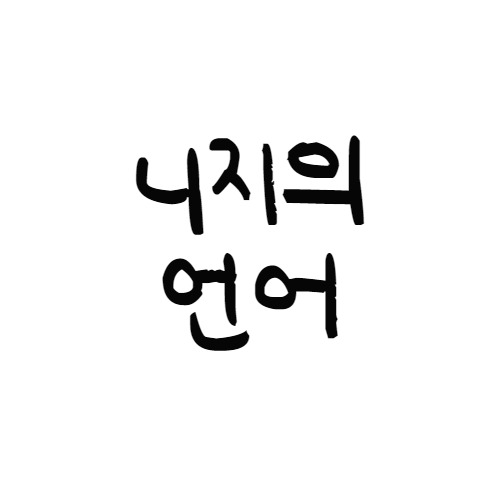니지의 언어
Korean Expression :: 그랬으면 좋겠어요 meaning ('Hopefully' in Korean) 본문
Korean Expression :: 그랬으면 좋겠어요 meaning ('Hopefully' in Korean)
하니지 2023. 5. 27. 17:18
Expressing 'Hopefully' in Korean
The Korean language is renowned for its rich cultural heritage and intricate linguistic expressions. When learning
Korean, it's essential to delve beyond basic vocabulary and grammar and explore the nuances of everyday
conversations. In this blog post, we'll focus on an expression that radiates optimism and hope:
how to say 'hopefully' in Korean.
While the phrase '바라건데' is less commonly used in daily conversations, we'll introduce you to a widely employed alternative that conveys the same sentiment: '그랬으면 좋겠어요.'
그랬으면 좋겠어요 (Geuraesseumyeon johgesseoyo):
When you want to express 'hopefully' in Korean, one commonly used phrase is '그랬으면 좋겠어요' (geuraesseumyeon johgesseoyo). This expression literally translates to "I hope it turns out that way" and is used to convey a positive outlook or desired outcome. It is versatile and applicable in various contexts. Let's take a look at some examples:
-으면 좋겠어요 (v/a + eumyeon johgesseoyo):
"내일 비가 왔으면 좋겠어요." (Naeil biga geuraesseumyeon johgesseoyo.)
"Hopefully, it will rain tomorrow."
"시험에서 좋은 성적을 받았으면 좋겠어요." (Sihomeseo joheun seongjeogeul badasseumyeon johgesseoyo.)
"Hopefully, I will receive good grades in the exam."
Using '그랬으면 좋겠어요' in Conversations:
'그랬으면 좋겠어요' is a versatile expression that can be seamlessly incorporated into your everyday conversations. Here are a few examples to help you practice using it:
Friend A: ""내일 비가 왔으면 좋겠어요." (Naeil biga geuraesseumyeon johgesseoyo.)
"Hopefully, it will rain tomorrow."
Friend B: "네, 그랬으면 좋겠어요." (Ne, geuraesseumyeon johgesseoyo.)
"Yes, hopefully, that would be great."
Colleague A: "다음 주 회의가 성공적으로 마무리되었으면 좋겠어요." (Daeum ju hoeiga seonggongjeok-euro mamuridoeeosseumyeon johgesseoyo.)
"Hopefully, the meeting next week will conclude successfully."
Colleague B: "네, 그랬으면 좋겠어요." (Ne, geuraesseumyeon johgesseoyo.)
"Yes, hopefully, that would be great."
Conclusion:
Adding expressions like '그랬으면 좋겠어요' to your Korean repertoire will allow you to convey hope, optimism, and positive expectations in a natural and culturally appropriate manner. By embracing these linguistic nuances, you'll not only enhance your language skills but also deepen your connection with Korean culture and its vibrant community. So, practice using this expression in your conversations, and may all your hopes and wishes come true!
'한국어 > Korean Grammars & Vocabs' 카테고리의 다른 글
| Korean Grammar :: Difference between 일 and 날 ('Day' in Korean) (0) | 2023.06.01 |
|---|---|
| Korean grammar :: Difference between 바꾸다 and 달라지다 (to change) (0) | 2023.05.29 |
| Easy Korean :: Difference between 살다 and 생활하다 (to live) (0) | 2023.05.18 |
| Easy Korean :: Difference between 추억 and 기억 (memory) (1) | 2023.05.16 |
| Easy Korean :: Difference between 많이 and 많은 (many, a lot) (0) | 2023.05.15 |




